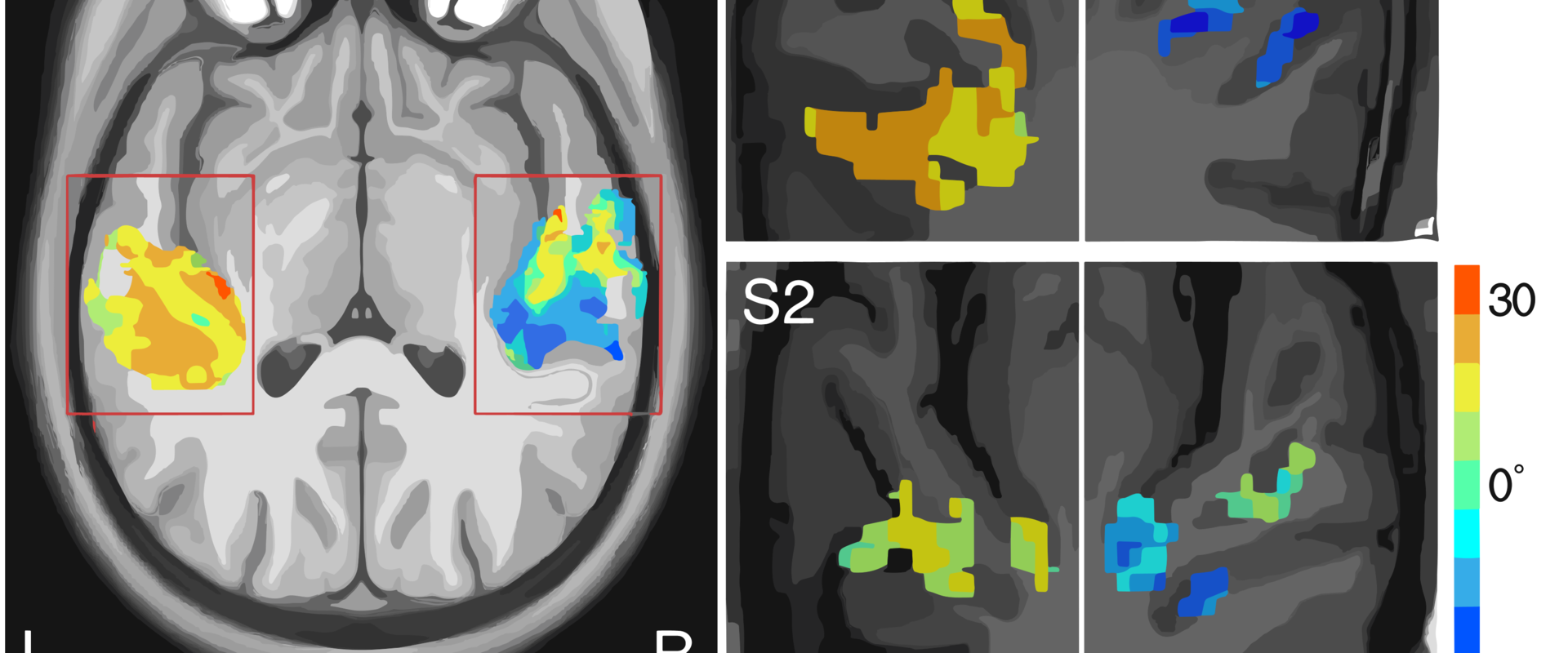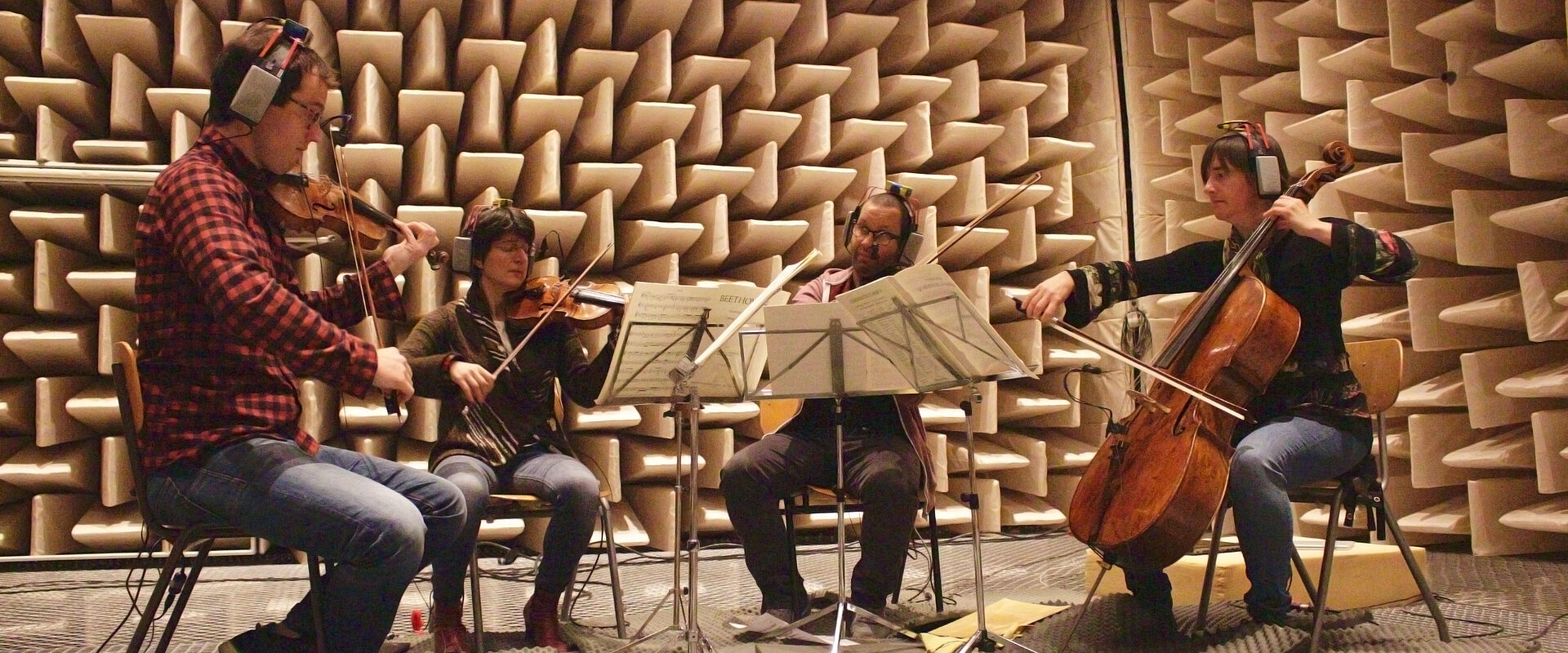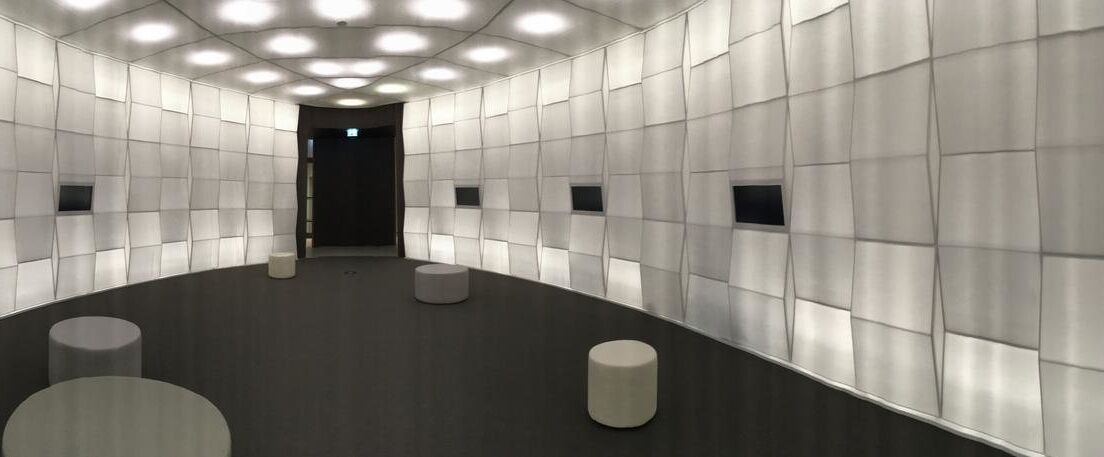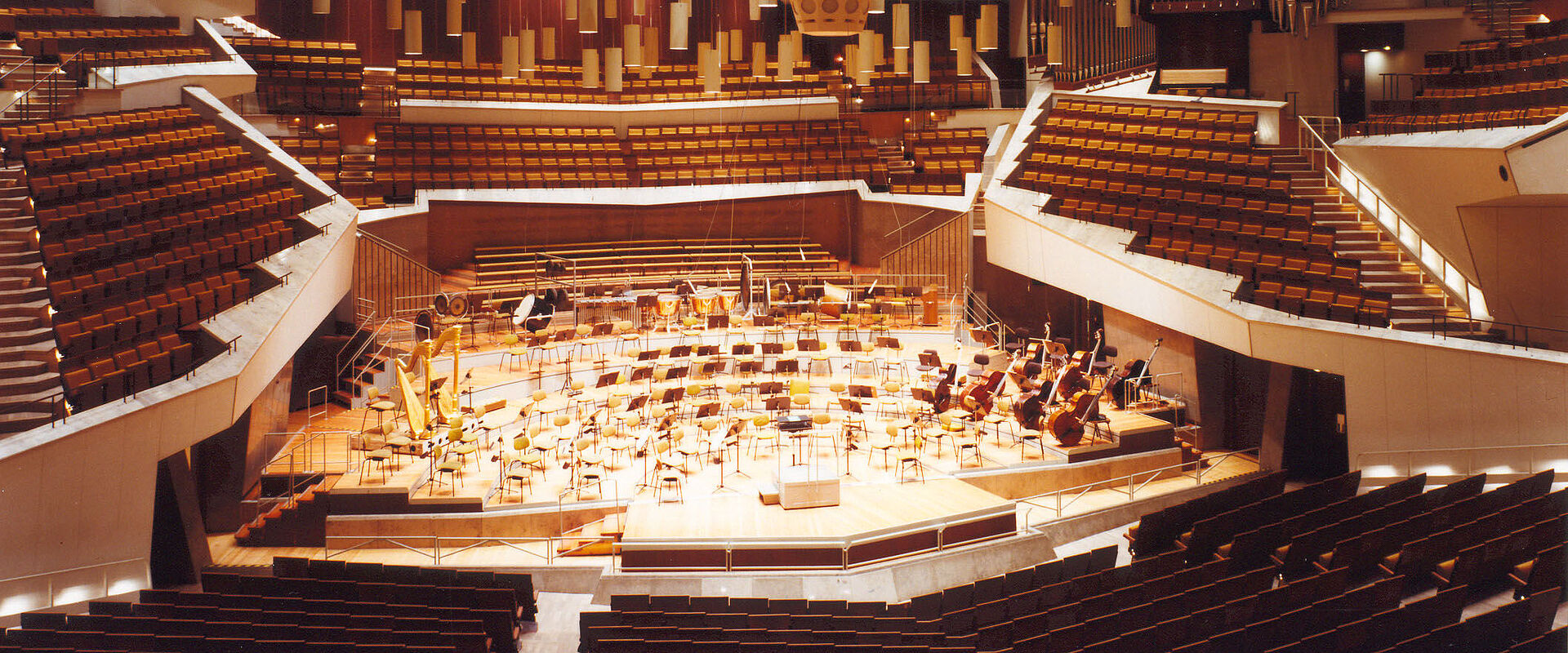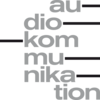Fachgebiet Audiokommunikation
Das Fachgebiet Audiokommunikation beschäftigt sich mit der Produktion, Übertragung und Rezeption von Musik, Klang und Sprache aus ingenieurwissenschaftlicher ebenso wie aus kultur- und sozialwissenschaftlicher Perspektive. Forschungsschwerpunkte sind die Weiterentwicklung von Verfahren der virtuellen akustischen Realität (Binauraltechnik, Schallfeldsimulation und -synthese), deren Einsatz für die experimentelle Untersuchung musikwissenschaftlicher und medienpsychologischer Fragestellungen, die Rolle von Medientechnologien für die Musikkultur sowie die Komposition und Gestaltung akustischer Medienkunst und klangbasierter Kommunikations- und Interaktionssysteme. Das Fachgebiet betreibt zwei Tonstudios mit verschiedenen 3D-Audiosystemen (Wellenfeldsynthese, Ambisonics, diskreter Mehrkanalton), ein Media Lab mit stereoskopischer Panoramaprojektion und Binauralsynthese, ein Mixed Reality Design Labor und die weltweit größte Anlage zur Wellenfeldsynthese mit 832 Kanälen und 2704 Lautsprechern. In der Lehre sind wir verantwortlich für den Masterstudiengang Audiokommunikation und –technologie (M.Sc.). Darüber hinaus bieten wir die ingenieurwissenschaftlichen Lehrveranstaltungen für den Studiengang Tonmeister*in der UdK Berlin an, sowie Lehre zu Akustik und Sound Design für den universitätsübergreifenden Masterstudiengang Design & Computation.
Aktuelles
Standort
Kommende Veranstaltungen
Kontakt
| Einrichtung | Fachgebiet Audiokommunikation |
|---|---|
| Sekretariat | EN 8 |
| Gebäude | E-N |
| Raum | 321 |
| Di | 9-17 Uhr |
| Do | 9-17 Uhr |
| Fr | nach Vereinbarung |

